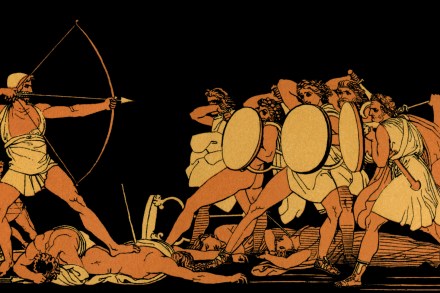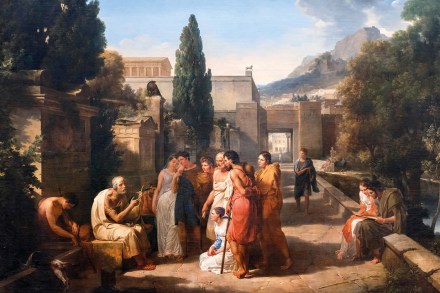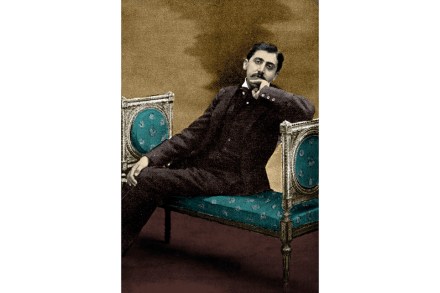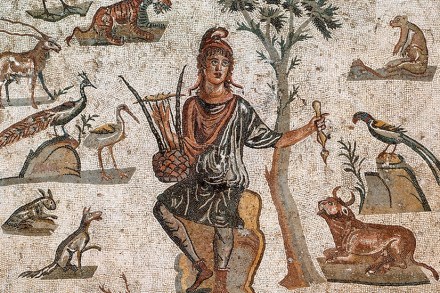Were the Ancient Greeks shameless?
Last week Mary Wakefield discussed the virtues of her ‘Victorian’ education, designed to stiffen the upper lip of the young and to ensure they understood that they were in second place to their elders and betters. She avoided the word ‘guilt’ and its associations with ‘shame’, which were taken to be the aim of such education. Ancient Greeks would have applauded her. Their word for ‘shame’ – aidôs – had very different connotations. The word plays an important part in Europe’s first works of literature, Homer’s Iliad and Odyssey. For example, when Andromache, wife of the Trojan hero Hector, suggests he retreat from battle, he says he would feel aidôs







